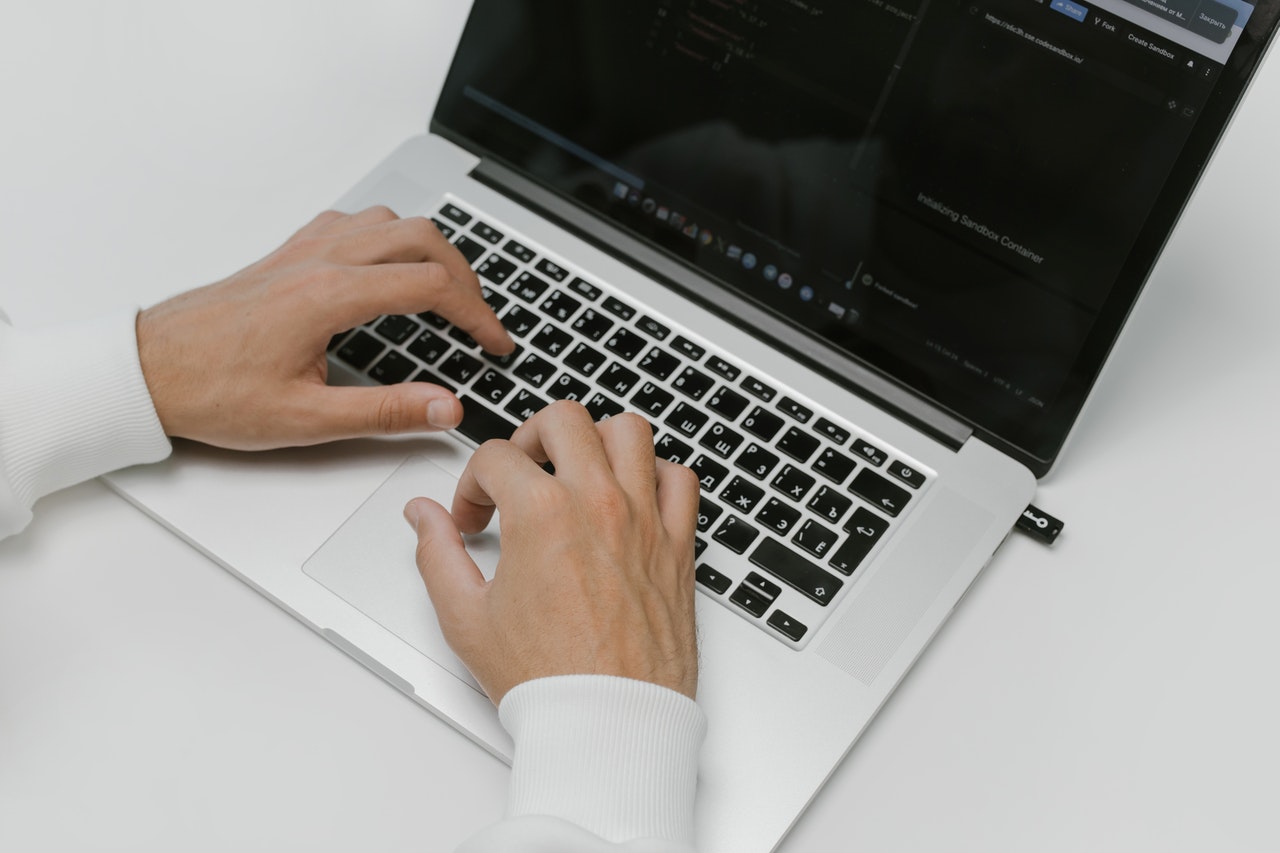Big data refers to new data sources that are larger and more complex data sets that traditional data processing software can’t manage due to its voluminosity. It is the new playground for artificial intelligence, which seeks to emulate human intelligence.
AI has extraordinary potential, if harnessed correctly, for cybersecurity. They can be trained to recognize and create new alerts for threats, identify new forms of malware, and prevent data breaches for businesses and organizations.
According to TechRepublic, even a midsized organization receives over 200,000 alerts every day. No matter how big an organization’s cybersecurity team is or how well trained it is, this number of threats is overwhelming.
Even if the cybersecurity experts manage to deal with most threats, a couple will undoubtedly go unnoticed, which might cause severe or irreparable damage to networks. But this is where AI and Big Data can make a difference.
AI, Big Data, and Cybersecurity
Big Data, although enormous, can be used in observing, analyzing, and detecting or examining irregularities associated with a network. Information is collected through several sources and helps find security-related details and address the issue correctly.
By using this vast amount of data, the issues can be detected and solved much faster. Apart from this, it will also help cybersecurity experts to analyze and predict future intrusions or other invasion possibilities.
Most companies depend on Big Data to shield them from cyber threats, and breaches have already been reduced. The data can detect weak devices, malware/ransomware attacks, malicious insider programs, and more.
Although a powerful tool, Big Data isn’t yet used at its full potential due to the sheer amount of data, right tool, and obsolete data. Some advantages of using Big Data against cyber threats include:
Risk Management & Threat Visualisation
To categorize and handle possible threats in due time, Big Data can be used by tools that are supported by knowledgeable risk management to be interpreted easily. An analyst can use data analytics to predict information about an attack, such as its class and intensity.
Penetration Testing
Big Data can give the necessary insights about business infrastructure, showcasing any weak points.
The New Cybersecurity Power Combination
With AI, Big Data can become the best online defense against hackers and other cybercriminals. AI can use Big Data and detect new threats, and it will battle bots, create a breach risk prediction, and offer better endpoint protection.
AI will cut cybersecurity experts some slack by doing the most challenging procedures and examining in detail what would otherwise take forever. And this is thanks to its machine learning ability.
Traditional software systems won’t be able to keep up with the newest number of threats, malware, and viruses. AI will be trained through complex algorithms and detect such attacks, spot even the most minor behaviors of such threats before entering the system.
By browsing data regarding the newest studies, articles, and news on cyberattacks, it will learn by itself, creating prevention strategies. AI will be able to tell the good bots from the bad ones and humans.
Both Big Data and AI are evolving and will undoubtedly be an excellent addition for cybersecurity experts battling hackers and online criminal groups. Companies might rest assured in the future, but until then, here are some tips on how to stay safe online!
Keep Everything Updated
Updates are significant for any OS and its software. Any new updates can correct some weak points that hackers use to exploit. Thus, it is essential to keep your software, OS, and especially your antivirus up-to-date at any given moment.
Use a VPN
A VPN is among the best cybersecurity tools you can use to boost your security and privacy. It encrypts your online data and hides it from potential attackers. Don’t go with cheap or free VPNs, though, as they can fail in encrypting your data, leaving you exposed.
Search for the best VPNs out there, and check out their special features that suit your needs. If you find a VPN provider that seems suitable for you, like NordVPN, search NordVPN review to get some more opinions about it.
Two-authentication Factor
Many of us use just one password for most of our applications. In many cases, we even use the same password or weak ones. However, this is a risky habit that might cost us later. You should use the two-authentication factor.
It implies using, apart from your password, a secondary layer of protection. It can be an answer to a question that only you know, a fingerprint, or something else, but it will make all the difference in the world.
You should also consider using different passwords on the web for different applications. Consider using strong passwords as well. If you are afraid of forgetting these credentials, use a password manager.



 Bitcoin
Bitcoin  Ethereum
Ethereum  Tether
Tether  Solana
Solana  XRP
XRP  USDC
USDC  Cardano
Cardano  Lido Staked Ether
Lido Staked Ether  TRON
TRON  Avalanche
Avalanche  Toncoin
Toncoin